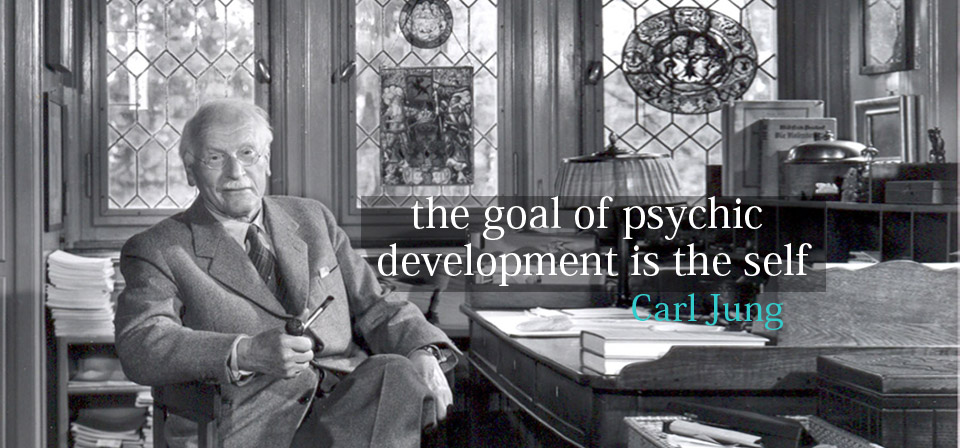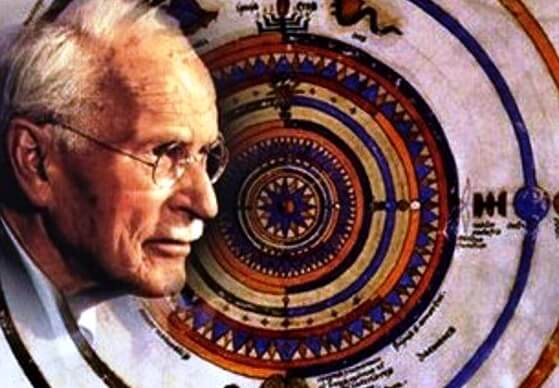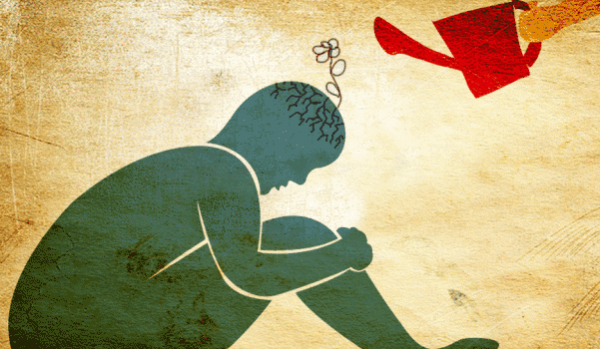On Saturday, October 16th, a small group of Association members met in the garden of the American University of Rome, where we were introduced to our lecturer, Marzia Santori, a Jungian analyst with many years of professional experience in the field of psychotherapy in Italy and the UK. It was a perfect morning, one of the justly famed ottobrate romane that we enjoy in this splendid city.
Marzia and our president, Rosa, led us to the classroom. We took our places in ergonomic chair-desks that swivelled round to any position, facilitating group discussion. Like keen undergraduates, we were transfixed by Marzia’s fascinating introduction to Jungian theory, illustrated with a ppt presentation on a large screen and giving practical examples of human behaviour and attitudes in order to clarify certain concepts.
Marzia has a refreshingly friendly approach and an admirable ability to combine erudition with simplicity. She began with a brief history of the collaboration between Freud and Jung and the reasons for their subsequent rift. Freud was a neurologist and an atheist, whereas Jung was a deeply spiritual man, the son of a pastor, and had worked for years in hospital as a psychiatrist, gaining valuable insights. Since childhood, he had suffered from mental health problems (he was schizoid), and this enabled him to empathise with his patients. He believed that the person undergoing analysis should be allowed to talk freely, with the bare minimum of intervention by the analyst. This was an innovation, quite unlike the classic Freudian image of the coldly detached psychiatrist sitting behind the patient lying on the couch.
So, while initially Freud was a father figure to him, Jung was an independent thinker whose brilliance and originality lay in his imaginative, intuitive vision of the human mind. In Jungian theory certain words have a wider meaning. He shared Freud’s opinion that the first three years of a child’s life are the most important but disagreed with Freud’s emphasis on sexuality and children. Jung’s view of the libido was richer and vaster and had more in common with eastern philosophy. The psyche, another familiar term, has a much broader application and encompasses both the mind and the body.
Jung does not speak of mental illness. Psychoanalysis aims to heal; to reconcile what he understood to be the Self with the Shadow Self. Among the techniques used, word association tests and dreams analysis are an important part of the diagnosis of problems.
Neurosis is a signal that something is wrong and needs to be treated. “Thank goodness he was neurotic,” he said of one patient, “otherwise we wouldn’t have been able to treat him.”
After the seminar, Marzia took questions from the group, particularly on dreams. She recommended keeping a diary of them. Another topic was collective consciousness and how this may be identical in two individuals from quite different parts of the world.
Our thanks are due to Marzia for her wonderful seminar, to Rosa for her meticulous organisation of the event and her endless patience and good humour, and to the American University of Rome for hosting us.
Posted by Julie Dixon, Association Member




